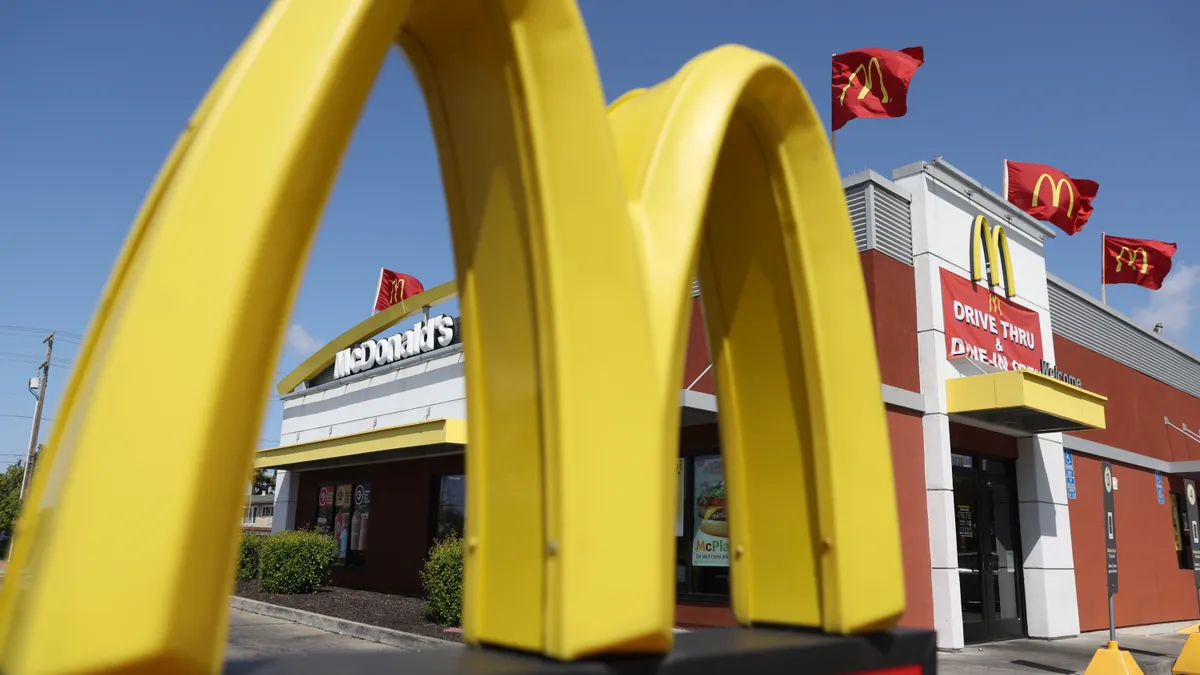Dive Brief:
- The California Legislature on Monday passed what’s being called an almost European-styled panel that will set the minimum wage for the state’s fast-food workers, but it’s controversial enough that it’s not clear the state’s Democratic governor, Gavin Newsom, will sign it.
- In both the Assembly and the Senate, the vote was on a partisan basis, although a few Democratic members either voted no or abstained from voting, suggesting some concern over the approach at a time when the restaurant industry is struggling with high food and labor costs.
- “Obviously, we think it’s problematic on many, many fronts,” Paul Brown, chief executive of Dunkin’ and Arby’s owner Inspire Brands, told The Wall Street Journal. “I think it’s actually trying to solve a problem that doesn’t exist.”
Dive Insight:
The Fast Act creates a 10-person panel with two state officials and an equal number of worker delegates and employer representatives to set minimum standards for wages. The panel has the authority to set the minimum wage up to $22 an hour, starting in 2023, which can then rise at the same rate as the Consumer Price Index, up to 3.5%.
The state minimum wage is $15, with a 50-cent increase scheduled for next year.
The panel sunsets in 2028 if it’s not reauthorized, although the annual CPI-indexed increases would remain in effect.
In one analysis reported by the Journal, the law could lead to a 60% increase in labor costs and a 20% increase in food prices.
"At the end of the day, it's going to drive up the cost of the products that they serve," Brian Dahle, a state senator and the Republican nominee for governor, said in his floor remarks opposing the bill.
An earlier version of the bill would have given the panel authority to also oversee workplace conditions and, in a move that critics said would raise serious liability issues, would have made restaurant chains joint employers of their franchise’s employers, according to the Journal report, which could expose them to liability over labor violations.
“This is the biggest lobbying fight that the franchise sector has ever been in,” Matthew Haller, president of the International Franchise Association, said in the Journal.
The bill applies to chain restaurants with at least 100 locations across the country, have limited or no table service and at which customers order their food and pay before eating. McDonald’s is one of the companies that would be impacted by the bill.
“This is a huge victory,” Lorena Gonzalez, head of the California Labor Federation, said in a Sacramento Bee report. We “now finally … have an opportunity to affect their workplace conditions at the table with a strong union beside them.”
Gov. Newsom has until September 30 to sign the bill. The state’s Department of Finance issued a report in June recommending he not sign it.











